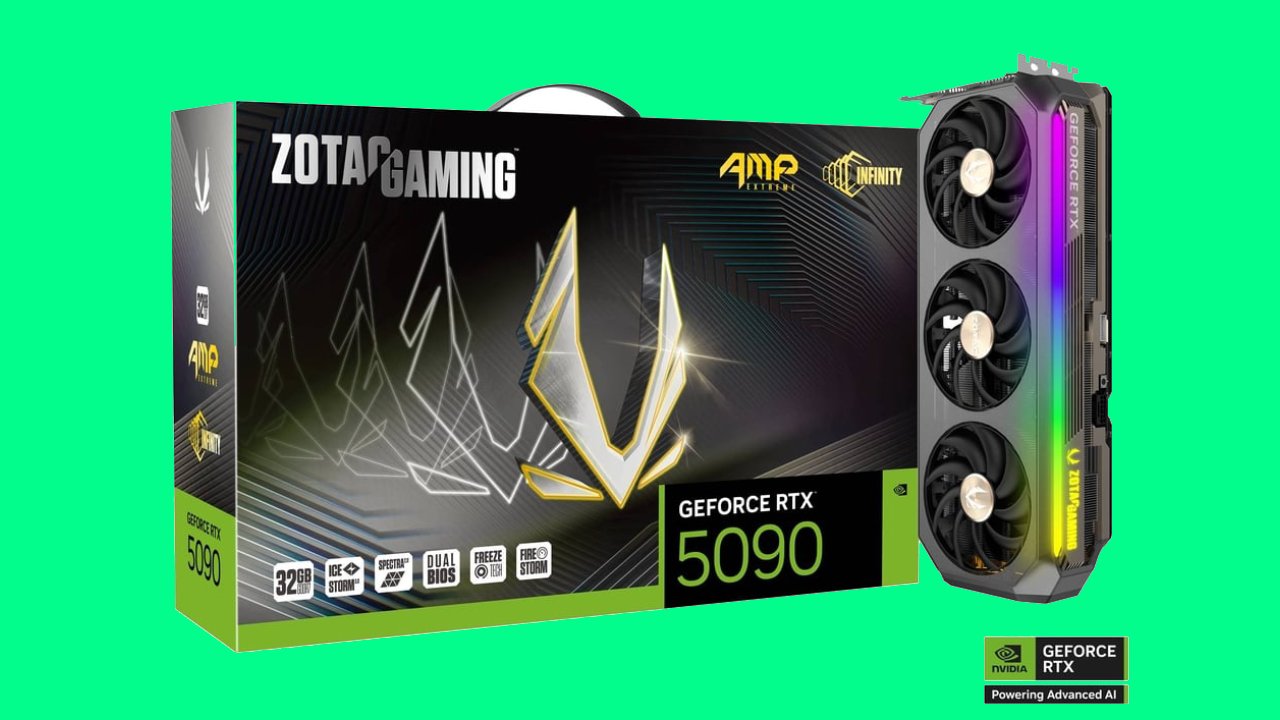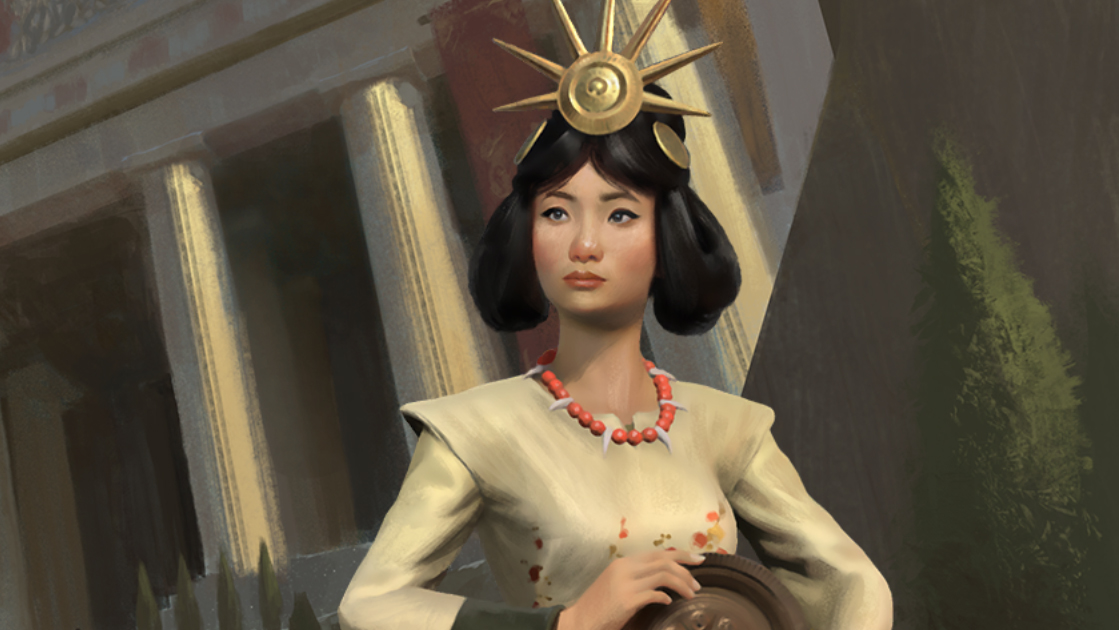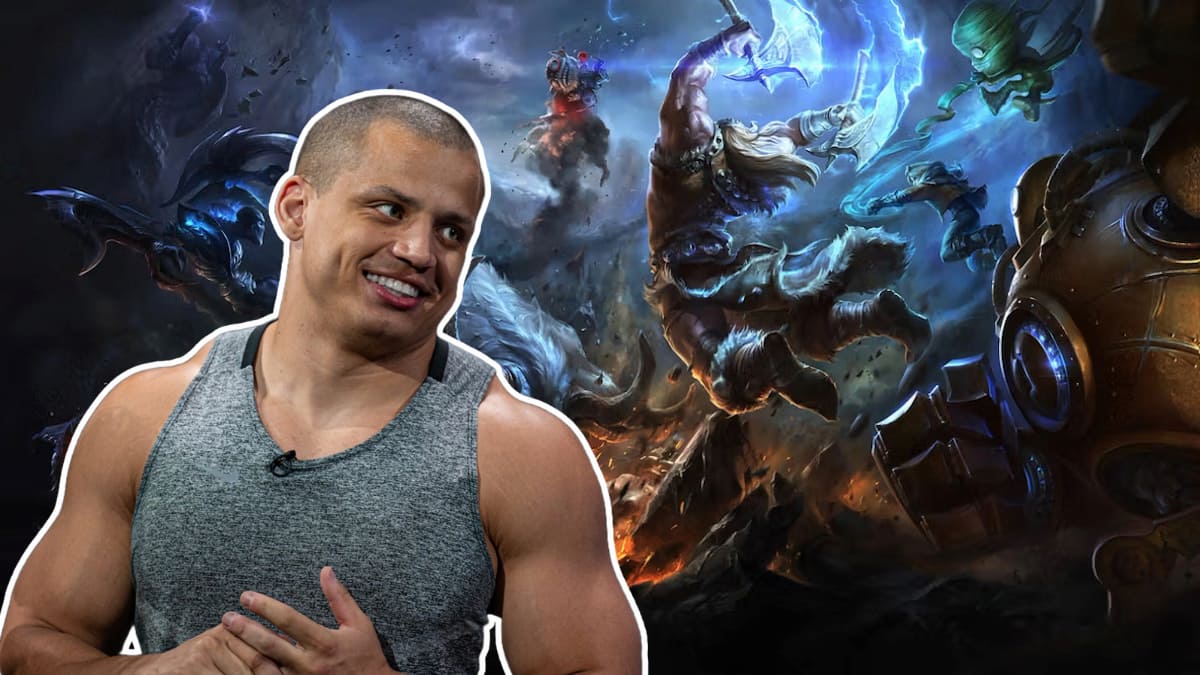
Satisfactory 1.0 Did Well, The Lord of the Rings: Return to Moria Did Okay, and Disney Epic Mickey: Rebrushed Did Poorly, Embracer Says
Controversial games and entertainment company Embracer has provided a financial update and in it delivered a verdict on its recently released games.
Embracer, which bought the Tolkien IP in 2022 for $395 million, said The Lord of the Rings: Return to Moria’s Steam and Xbox launch in August “performed slightly above management expectations,” which sounds like corporate speak for did well. Free Range Games’ survival and crafting game first launched on PC as an Epic Games Store exclusive in October last year, before coming out on PS5 in December.
While we’re on The Lord of the Rings, Embracer said Middle-earth Enterprises had a “slow quarter” year-on-year (the July to September Q2), with no notable new partner releases, but a higher film revenue than expected. Embracer said it’s seen encouraging fan reactions to the marketing it’s doing for the December release of anime The Lord of the Rings: The War of the Rohirrim.
Embracer had a brutal Q2 for PC and console games, with tough comparisons from last year’s Remnant 2 and Payday 3. The most notable new release, Disney Epic Mickey: Rebrushed, late in the quarter, “was well received by players but initial digital sales were slower than expected.” That’s corporate speak for a flop. In contrast, Satisfactory’s 1.0 launch on PC “performed above management expectations,” which means it did great. Coffee Stain Studios’ first-person open-world factory building game had over 200,000 concurrent players in September.
Embracer has endured a tough time in recent years, laying off thousands of staff (the number of game developers working at the firm has decreased from 10,654 to 6,250) and selling a number of its studios, including Borderlands maker Gearbox and Warhammer 40,000: Space Marine 2 developer Saber Interactive. Today, it announced the sale of subsidiary puzzle game mobile developer Easybrain to digital games company Miniclip for $1.2 billion, which should keep the lights on for the foreseeable future.
As for the rest of its financial year, Embracer is pinning its hopes on the hotly anticipated Kingdom Come: Deliverance 2, which it said was still on track for its February 11, 2025 release date. It still owns Metro developer 4A Games, which is working on a brand new game in the series. Asmodee, Embracer’s tabletop games company, is still up for sale.
“Over the past 15 months, we have created a stronger foundation for long-term value creation, lowering our net debt and our capex,” Embracer CEO Lars Wingefors said.
“We have many high-performing and efficient companies, several with industry leading margins. However, we acknowledge that parts of our PC/Console and Entertainment & Services segments are still underperforming due to delays and low ROI for primarily small and mid-sized releases. Combined with fixed operating costs this creates unacceptable margins which we are firmly addressing ahead of the spin-offs.”
Other Embracer games in the works include Deep Rock Galactic: Rogue Core, Fellowship, Gothic 1 Remake, Hyper Light Breaker, Killing Floor 3, REANIMAL, Satisfactory (console), Titan Quest II, Tomb Raider IV-VI Remastered, and Wreckfest 2.
Wesley is the UK News Editor for IGN. Find him on Twitter at @wyp100. You can reach Wesley at [email protected] or confidentially at [email protected].






